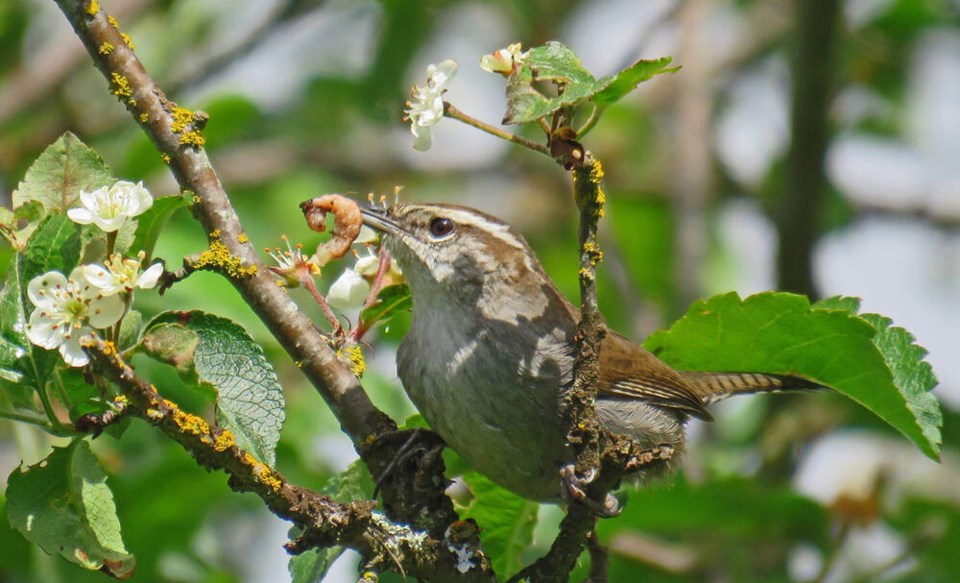The title sounds important, but what is biodiversity and what does it mean?
In 1992 the Earth Summit defined it as “the totality of all living things” in each area - all plants, animals, and microbes that live together and are interconnected by food chains.
The development of ecosystems (distinct assemblages of physical environmental features and living things) over millennia has been a cooperative process where energy from the sun is turned into plants that enter the food chain. A balance is achieved between co-evolving species that move the sun’s energy through the food web, perhaps from a leaf to a caterpillar to a chickadee.
One would think that introducing another species to an ecosystem would enhance biodiversity and in one sense it does; however, if an introduced species is not fully participating in the food web, it may disrupt the local food chain by consuming resources and not providing energy for the greater community.
In other words, it has failed to satisfy an important part of the definition. The successful rearing of chickadee young, for instance, has been found to be correlated with the presence of more native plant species. The reason for this is that 90 per cent of plant eating insects consume only one or a few native plant species and native trees support many more insects for the chickadees
Coupled with the extensive monoculture of our farmlands and the use of pesticides, non-native plantings by municipalities contribute to the reduction in insect populations and the birds that are dependent on insect protein. Since 1970, North America has lost almost three billion birds.
If you would like to play a small role in limiting this decline, you can apply to the City of Delta’s “Trees for Tomorrow” program and insist on planting a native tree in front of your home.
Editor’s note: Nature Notes is a monthly column presented by the Delta Naturalists and their community partners. For info on monthly meetings and more see: deltanaturalists.org and www.facebook.com/DeltaNats/.



